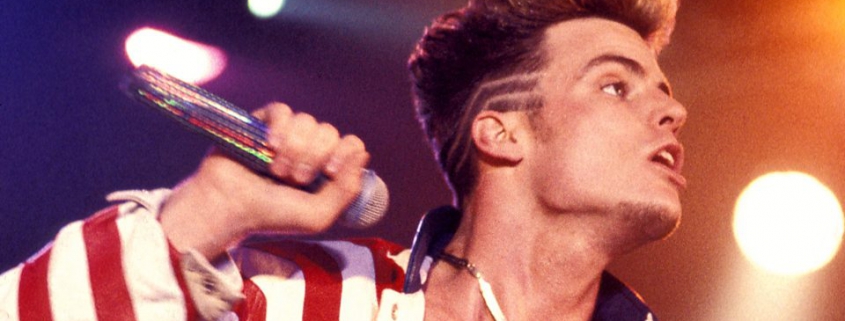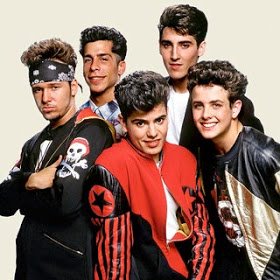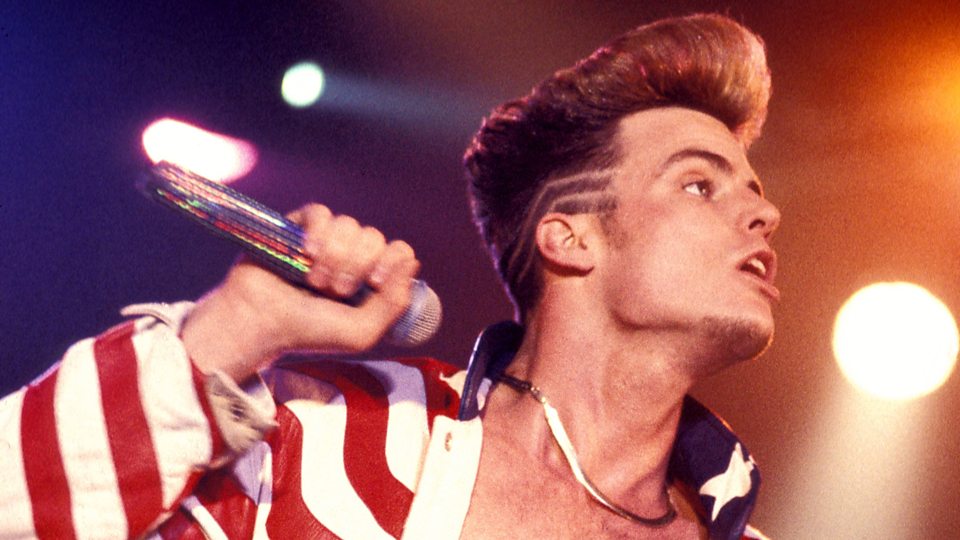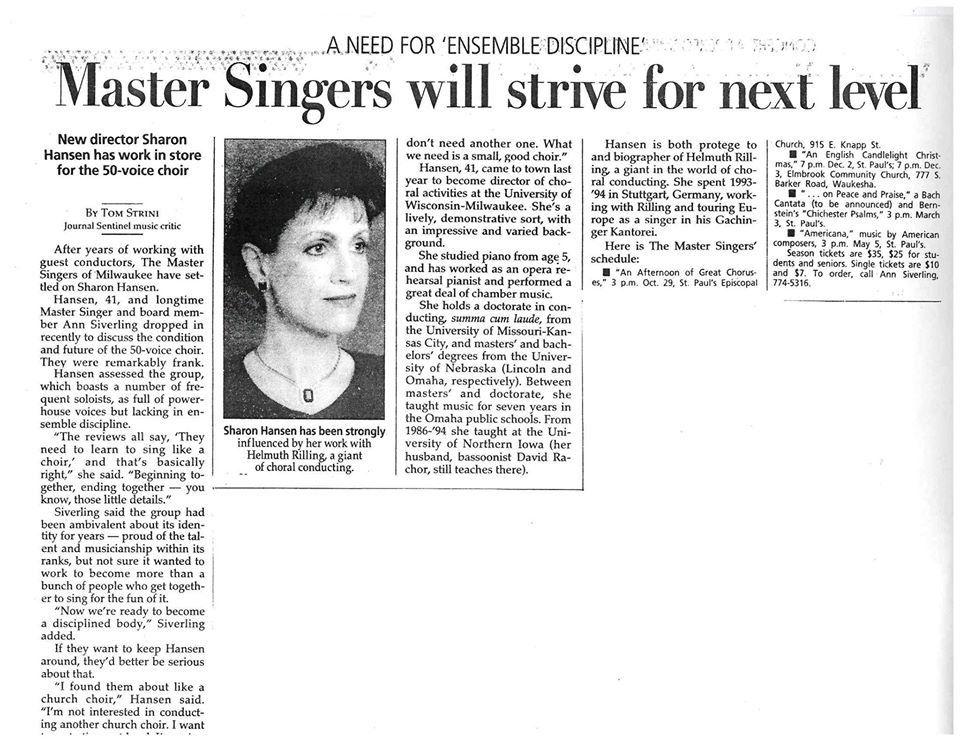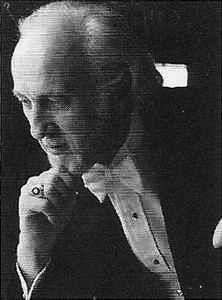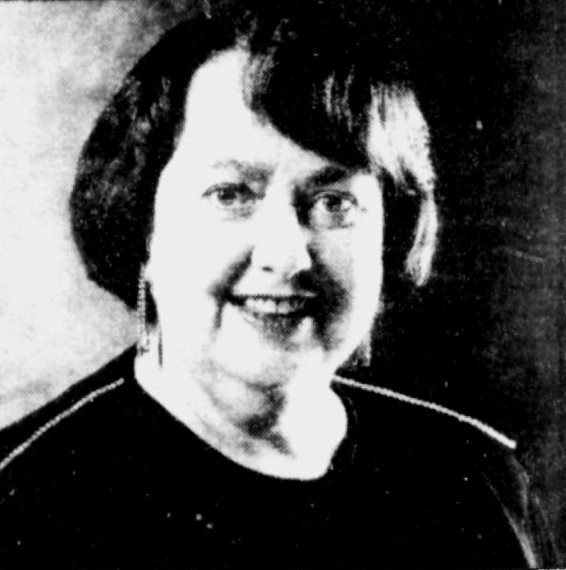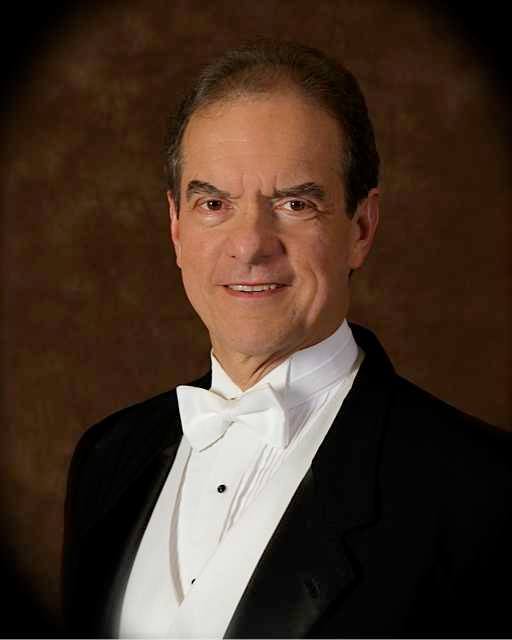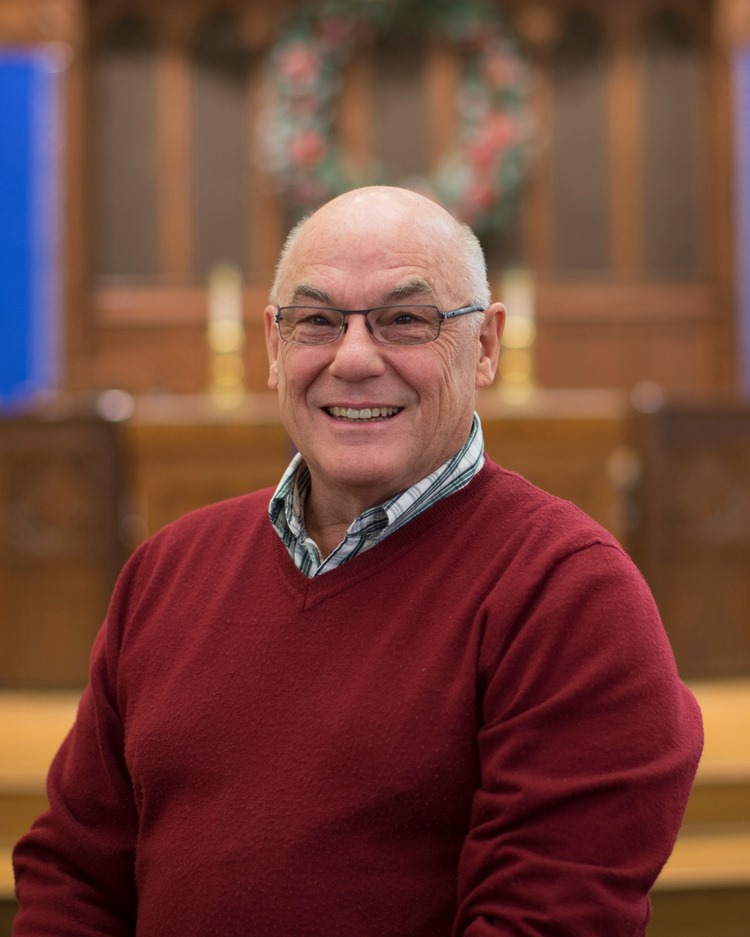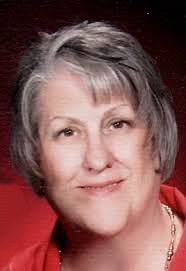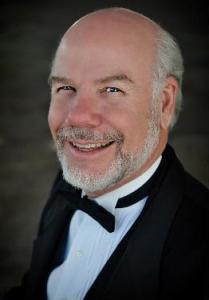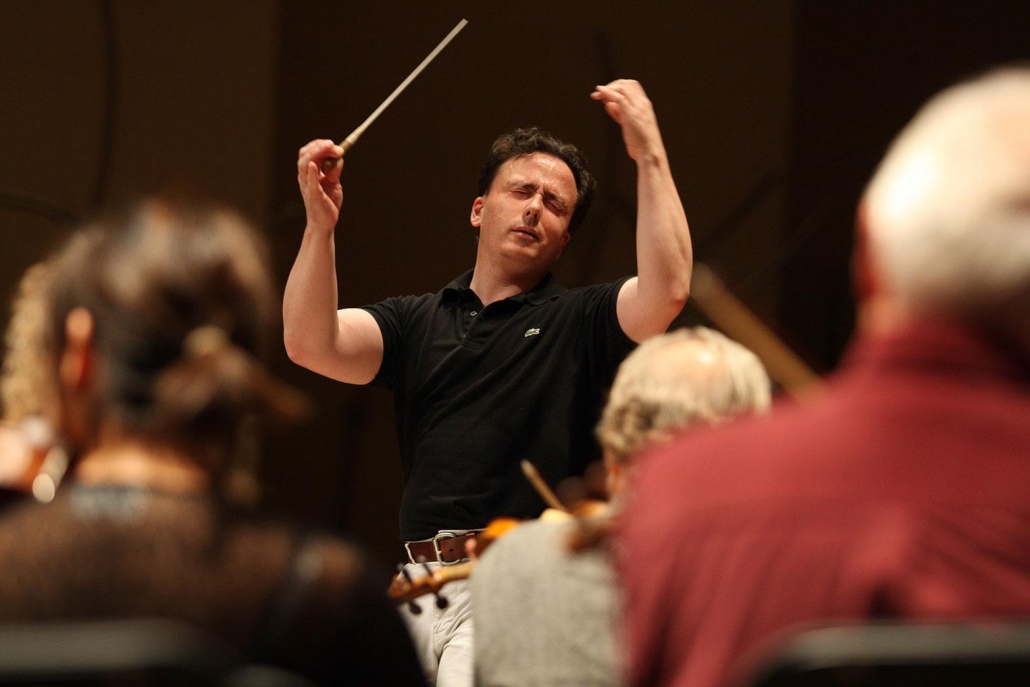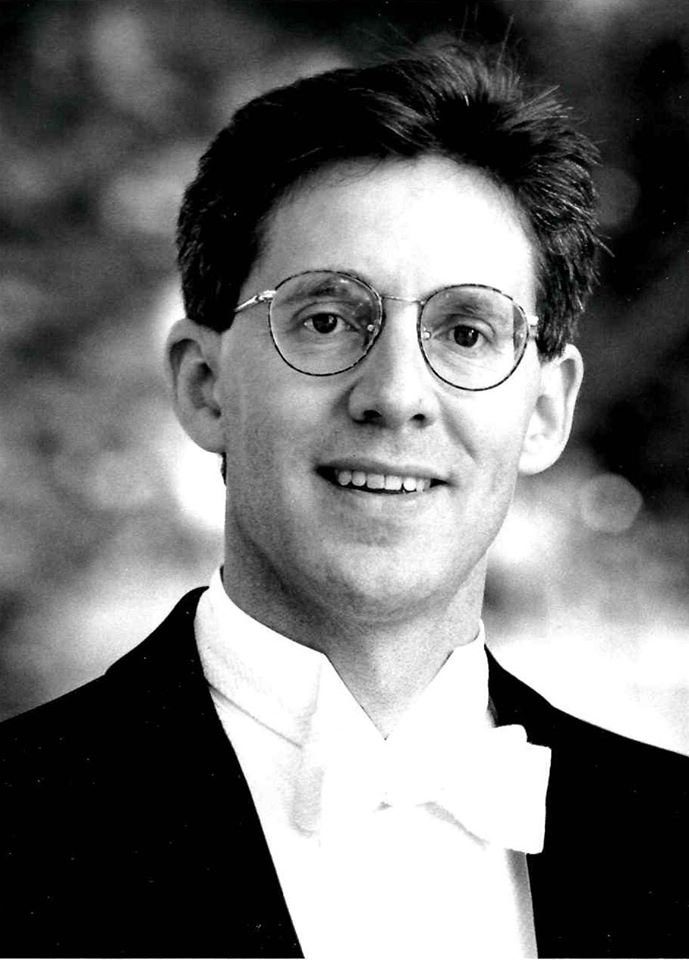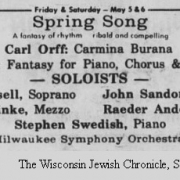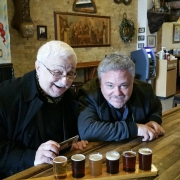The 90s did exist. Despite popular belief, there were years between 1989 and 2000 that transpired and as much as some of us might wish to forget them for the hairstyles we sported, the posters we plastered on our walls or the endless void of time spent on AOL the 90s marked a pivotal chapter in our history. The decade began in calamity with the collapse of the Soviet Union, Operation Desert Storm, and the emergence of the modern “Boy Band”. The digital age was revving its engine and live performance art was starting to feel the impact. 1990 boasted billboard top hits like New Kids on the Block’s “Step by Step” and Vanilla Ice’s “Ice Ice Baby”. Music was changing in wonderful and terrifying new ways and with programs like Napster on the horizon access to music was about to change forever.
The MSM began the 90s with the loss of Marlys Greinke and a need for the members to band together like never before to move the group forward. Marlys had left the group with a firm foundation and her lasting spirit helped guide the group as they ventured forward without her. Without Marlys as the artistic director and without a full-time conductor, the Master Singers of Milwaukee’s board decided to have a season of choral director auditions inviting four separate conductors to each prepare one of the four concerts for the season. The 1994-95 season had Dr. John Windh, Dr. Sharon Hansen, Dr. William Hienz, and Dr. Patrick Gorman each conduct one concert.
Marlys established a spirit of diversity early on within the very fabric of the MSM. She made decisions based on the excellence of music versus what was popular or mainstream. It was a pillar of what the MSM represented and what transcended their incredible music talent to reach a broader and more diverse audience. They featured greater diversity in their programming than many of their contemporaries and often featuring women in prominent roles within the organization. If there was ever any doubt over whether the rest of the MSM shared her passion and integrity it was quickly put to rest when in carrying on that ideology they decided to bring back Dr. Sharon Hansen for the subsequent concert season. It was a profound statement which paid off handsomely with many members agreeing it was one of the best-programmed seasons in the group’s history.
The changing culture around live performance arts began to create unique problems for many live performance-based organizations. Many organizations began to fall to the cutting room floor unable to adapt to the changing culture or find ways to remain relevant or create a draw for their performances. Access to recordings of music was becoming easier and cheaper while exposure to the arts was becoming broader. You could now find a recording of the Red Army Choir performing an epic piece with incredible precision from the other side of the world and download it for free in a matter of minutes. Local groups were now competing with groups not just within their own drivetime but all over the world. Live performance as a pure entertainment was on the decline and now you had to find diverse ways of creating an experience around a performance to get substantial attendance.
True to form the MSM saw these unique problems as unique opportunities. They continued to explore the audition season format to diversify the product their audience would receive and hone in on those qualities that would really help them step-up to the next level. The following season showcased concerts programmed by Richard Bjella, Gregory Carpenter, Alexander Platt, and Scott Stewart. The following two seasons each had five concerts instead of four, with Stewart and Platt splitting conducting duties.
In 1999, Cary John Franklin led the Master Singers for the first two concerts of the season, including a delightful Christmas concert of “Magnificats and Carols.” Stephen Paulus and Cary John Franklin arranged many of the carols for that program making it a unique concert experience for those in attendance. Alexander Platt conducted the other half of the season with Viennese programs and Haydn Masses. The end of the third decade of the group’s existence brought yet another season with four conductors. The concerts were led by Martha Dodds Stoner, Eric Townell, Dr. Jeffrey Douma (now director of the Yale Glee Club), and David Mohr (now director of The Lutheran A Cappella Choir).
The 90s had passed and music had changed. NKOTB and Vanilla Ice were replaced by Ricky Martin and Brittany Spears. The Spice Girls empire had its rise and fall and the looming doom of Y2K was upon us. The MSM had survived the loss of its most influential founder without losing their integrity and by growing closer and stronger in the process.
Stay tuned for our next installment of the history of the MSM and comment below with your memories and experience with the MSM over the years. It is through fans like you that we feel the greatest sense of accomplishment.

